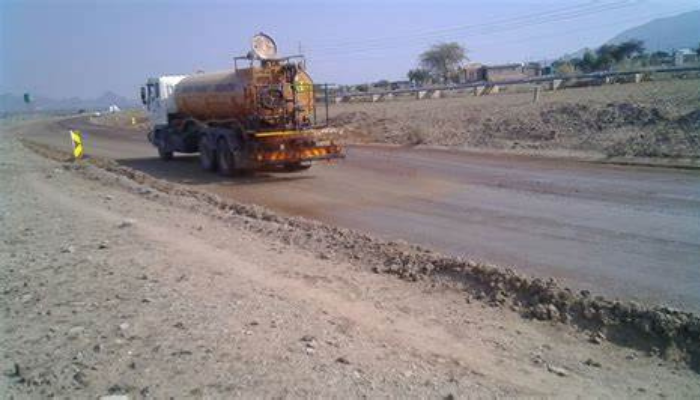.As experts warn sector is on brink of collapse
Sixty-five years after independence and decades of investment in infrastructure, Nigeria’s transport system remains a key barrier to economic growth.
Experts say the sector is approaching collapse, unable to meet the needs of a growing population or support development goals.
Despite allocating billions of naira to roads, railways, airports, and waterways, Nigeria continues to grapple with a fragmented, underperforming network that increases business costs and hampers productivity.
Samuel Odewumi, a former dean of the Faculty of Transportation and Logistics at Lagos State University of Science and Technology (LASUSTECH), told BusinessDay that transport policy remains reactive and poorly coordinated across all levels of government.
Odewumi said, “Nigeria’s population has more than doubled since 1990, but our infrastructure has not kept pace. This gap creates bottlenecks, slows economic activity, and raises logistics costs.”
He warned that without urgent reforms, the system could face long-term breakdown.
Odewumi identified overreliance on roads as a central issue. While a small fraction of Nigerians use air travel, most depend on road transport, much of which is deteriorating.
“Our roads are not only overused, but misused. Trucks often carry 90 tons on roads designed for 30. That causes rapid damage, and repairs are often ineffective,” he said.
He noted that seasonal rainfall compounds the problem, eroding road surfaces and worsening infrastructure already under strain.
He also criticised the state of rail transport, pointing out that only a few lines — Lagos-Ibadan, Abuja-Kaduna, and Warri-Itakpe — are functional, and even those operate below capacity.
“The Warri-Itakpe line has been down for over two months. A single locomotive has served the route for years with limited maintenance. That’s not viable,” he said.
He expressed concern over Nigeria’s reliance on Chinese loans for rail development, warning that maintenance and repayment are becoming difficult.
He also cited the lack of coordination among federal, state, and local governments as a persistent challenge.
“Responsibility is often unclear. State and local governments frequently wait for federal action. As a result, many feeder and rural roads are neglected,” he said.
Odewumi called for stricter freight regulations and a shift toward rail and inland waterways for moving goods. He emphasised the need for a multimodal system that integrates road, rail, air, and water transport and for policies that prioritise efficiency over political optics.
“We can’t build enough roads to meet demand. Cargo from Lagos to the East should move by rail or sea, not trucks,” he said.
He noted that transport inefficiencies raise operating costs, discourage investment, and reduce national competitiveness.
Odewumi also criticised the prevalence of tricycles and mini-buses in urban centres, describing them as indicators of underdevelopment.
“When small vehicles dominate city transport, it reflects poor planning. One train can move thousands. A mini-bus moves a dozen — with greater risk. We must invest in safer, more efficient systems,” he said.
He argued that sustainable solutions lie in clear policy, effective leadership, and private sector involvement.
“Transport can be self-financing. Government should focus on creating an environment that supports private investment and long-term planning,” he said. “At 65, Nigeria should not still be struggling with basic transport issues.”
Isa Emoabino, a fellow of the Nigerian Society of Engineers and former chairman of the Nigerian Institution of Highway and Transportation Engineers, echoed similar concerns.
He said that despite policy reforms and budgetary allocations, including N256.8 billion in the 2025 federal budget, Nigeria’s transport system remains inadequate.
“At 65, our transport sector should be enabling growth. Instead, it’s holding us back,” Emoabino said.
He pointed out that road infrastructure has not kept pace with population growth or economic targets.
“There’s a significant infrastructure gap, and existing assets are poorly maintained,” he said.
He also questioned the proposed 5 percent fossil fuel tax for road maintenance, urging transparency and clear application of funds.
“People will only support taxes when they see how the money is spent. The process must be accountable,” he said.
He linked poor road conditions to rising insecurity. “Most kidnappings and robberies happen on bad roads, where vehicles are forced to slow down,” he said.

